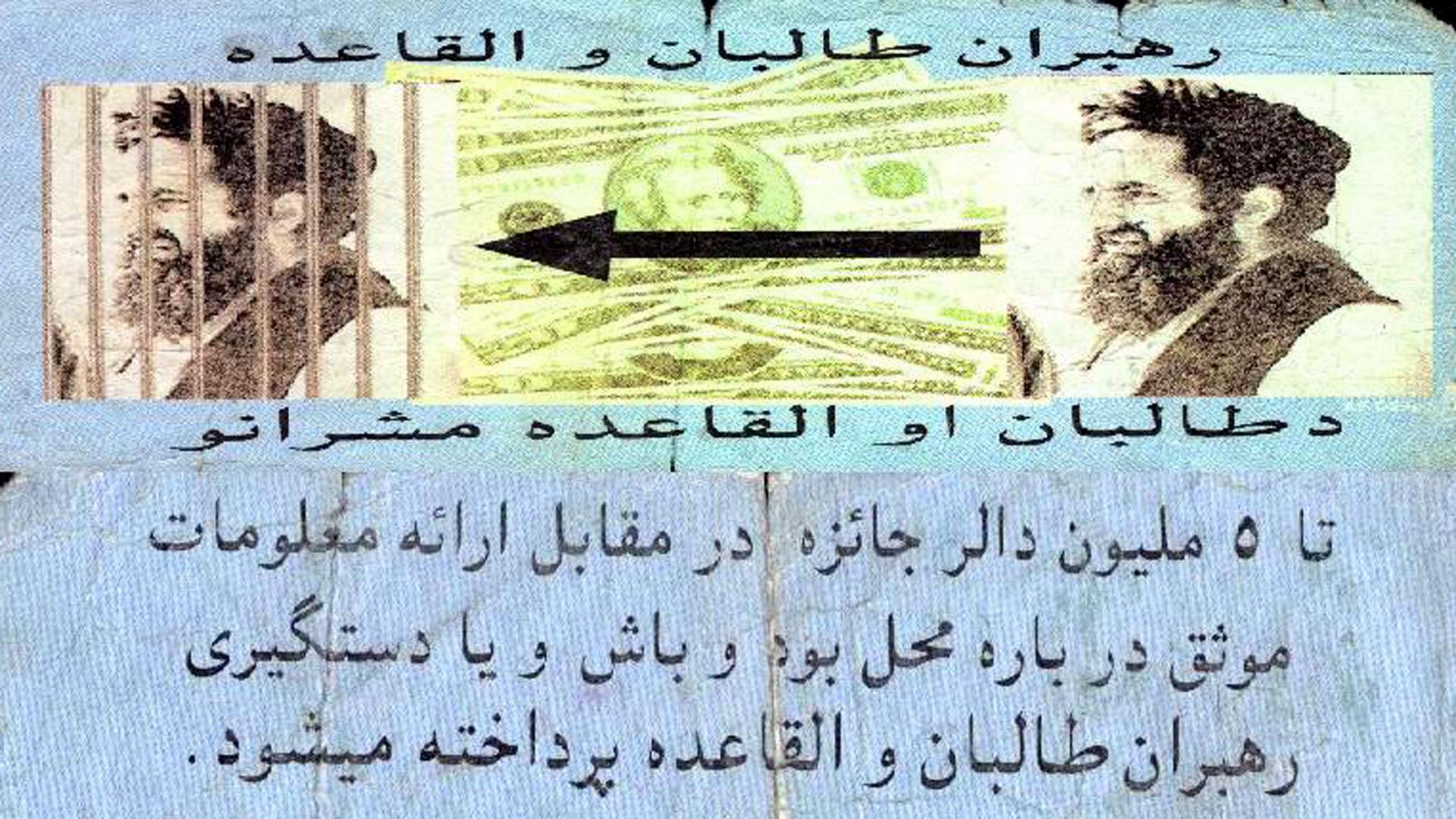A US leaflet from 2002 with a picture of Mullah Omar offers a $5 million reward “for authentic information, that could lead to the arrest of Taliban, and al-Qaeda leaders.”
The Afghan government says the Taliban leader, Mullah Omar, is dead. A statement said there was credible information that he died two years ago in Pakistan. A White House spokesman agreed that the reports were credible. There's been no word from the Taliban or from Pakistan.
The life of renowned Afghan author Qais Akbar Omar was directly affected by Mullah Omar and the Taliban.
Qais wrote the much-acclaimed autobiography "A Fort of Nine Towers: An Afghan Family Story," which culminates in his family's flight from war-torn Afghanistan.
Initially, Qais like other Kabulis thought the Taliban take-over in 1996 was an improvement on the horrors of civil war. “They had their rules, but at least we didn’t have to see all the dead bodies on the street,” he says. But things changed.
“I was captured by these people and held in prison for three weeks, for just having long hair,” says Qais. He adds that he was tortured and whipped every day and that the conditions were miserable.
"I had a bucket for toilet. A bucket of water to drink. A piece of bread to eat, three times a day. But we never actually saw this man, Mullah Omar … I don’t know if Mullah Omar was even aware of all of those things that were happening there. I think if he did, and if he knew all those atrocities and all of those horrible things; people committing genocides and killing so many people under his name; I think if he knew about that, he was probably the worst person in the world. He’s probably in the same rank as Stalin or Hitler or some of those people who see people dying in front of them and he does nothing for them.”
Qais says he knew that Omar existed, but he never heard him talk, whether on the radio or on TV — which was banned under Taliban rule. Omar was more like a symbolic or spiritual leader.
“Every now and again,” Qais adds, “he would release a decree that today kite flying is banned or tomorrow you hear another thing about women who are not allowed to go to schools, or the next day, you know, they should cover their heads and stuff like that. So he was more like a name than anything else.”
It was well known that Omar fought against the Russians and was part of the Mujahideen movement. Omar wore his scars literally on his face — he lost an eye to shrapnel.
"We had a one-eyed leader; that's all I knew," Qais says. "But probably at the same time [he was] very charismatic because you know a man who has only one eye — how can he become leader of such a great movement that will rule the whole country for so long? So that's kind of what I had in my imagination.”
We want to hear your feedback so we can keep improving our website, theworld.org. Please fill out this quick survey and let us know your thoughts (your answers will be anonymous). Thanks for your time!
